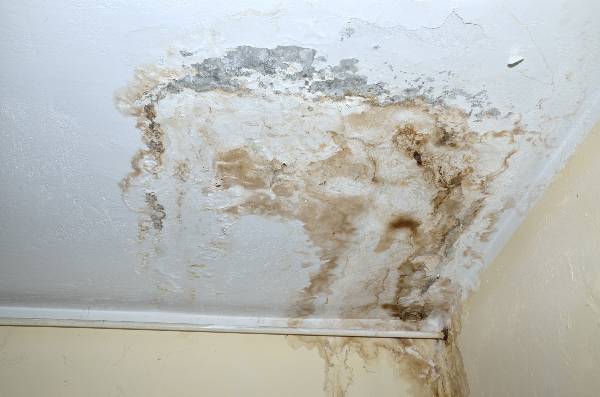Expose Hidden Water Line Leaks: 6 Proven Techniques for Detecting
Expose Hidden Water Line Leaks: 6 Proven Techniques for Detecting
Blog Article
Are you in search of tips around Finding hidden leaks?

Early detection of dripping water lines can minimize a potential calamity. Some little water leakages may not be noticeable.
1. Examine the Water Meter
Every house has a water meter. Examining it is a proven manner in which assists you find leakages. For beginners, turn off all the water resources. Make sure no person will purge, utilize the tap, shower, run the cleaning equipment or dish washer. From there, go to the meter as well as watch if it will certainly alter. Because nobody is utilizing it, there must be no movements. That shows a fast-moving leakage if it relocates. Also, if you discover no changes, wait an hour or 2 as well as inspect back once more. This implies you may have a slow-moving leakage that could even be below ground.
2. Inspect Water Usage
Examine your water costs and track your water intake. As the one paying it, you need to discover if there are any type of disparities. If you detect sudden changes, regardless of your intake coinciding, it implies that you have leaks in your plumbing system. Bear in mind, your water costs need to drop under the exact same variety monthly. A sudden spike in your costs shows a fast-moving leak.
A stable rise every month, even with the same practices, reveals you have a slow leak that's likewise gradually intensifying. Call a plumber to thoroughly check your building, specifically if you really feel a cozy location on your floor with piping underneath.
3. Do a Food Coloring Test
When it comes to water intake, 30% comes from toilets. If the color in some way infiltrates your bowl throughout that time without flushing, there's a leak in between the tank as well as bowl.
4. Asses Exterior Lines
Don't forget to check your outside water lines as well. Must water permeate out of the link, you have a loosened rubber gasket. One little leakage can lose bunches of water and also increase your water costs.
5. Evaluate the circumstance and inspect
Property owners must make it a habit to inspect under the sink counters and also inside cupboards for any type of bad odor or mold growth. These two warnings show a leakage so timely interest is needed. Doing routine assessments, even bi-annually, can conserve you from a significant issue.
Inspect for discolorations and also deteriorating as most home appliances and pipelines have a life expectancy. If you suspect dripping water lines in your plumbing system, don't wait for it to escalate.
Early discovery of dripping water lines can alleviate a prospective calamity. Some little water leakages may not be visible. Checking it is a guaranteed way that helps you discover leakages. One little leak can squander loads of water and also spike your water expense.
If you think dripping water lines in your plumbing system, don't wait for it to rise.
WARNING SIGNS OF WATER LEAKAGE BEHIND THE WALL
PERSISTENT MUSTY ODORS
As water slowly drips from a leaky pipe inside the wall, flooring and sheetrock stay damp and develop an odor similar to wet cardboard. It generates a musty smell that can help you find hidden leaks.
MOLD IN UNUSUAL AREAS
Mold usually grows in wet areas like kitchens, baths and laundry rooms. If you spot the stuff on walls or baseboards in other rooms of the house, it’s a good indicator of undetected water leaks.
STAINS THAT GROW
When mold thrives around a leaky pipe, it sometimes takes hold on the inside surface of the affected wall. A growing stain on otherwise clean sheetrock is often your sign of a hidden plumbing problem.
PEELING OR BUBBLING WALLPAPER / PAINT
This clue is easy to miss in rooms that don’t get much use. When you see wallpaper separating along seams or paint bubbling or flaking off the wall, blame sheetrock that stays wet because of an undetected leak.
BUCKLED CEILINGS AND STAINED FLOORS
If ceilings or floors in bathrooms, kitchens or laundry areas develop structural problems, don’t rule out constant damp inside the walls. Wet sheetrock can affect adjacent framing, flooring and ceilings.
https://www.servicemasterbyzaba.com/blog/how-to-detect-water-leakage-in-walls/

We hope you enjoyed reading our excerpt on Leaking water lines. Many thanks for taking the time to read through our short article. Sharing is good. You never know, you may be helping someone out. I am grateful for your time. Please come visit our blog back soon.
Request immediate service. Report this page